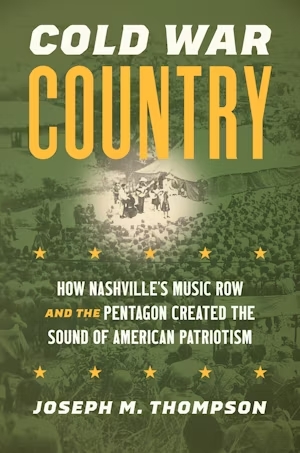Country music carried Gay a long way from his humble origins. Born on a dirt farm in North Carolina in 1914, Gay struggled out of poverty to earn a college degree, worked as a New Deal agricultural adviser during the Great Depression and World War II, and learned the radio business just in time to take advantage of the United States’ postwar appetite for pop culture entertainment. He transformed country music’s artists, producers, and record labels into an industry over the course of his career, having organized the Country Music Disc Jockey Association in 1953, cofounded the Country Music Association in 1958, and helped establish the Country Music Foundation in 1964. He even provided the first $10,000 donation to build the Country Music Hall of Fame. Although he never made Nashville his full-time residence, Gay earned a reputation as a founding father of the industry that gave the Tennessee capital its nickname, Music City, USA.
The characterization of Gay as an independent and visionary entrepreneur offers a compelling story, but he owed much of his success to his close ties with the US Department of Defense. Their relationship built gradually. Beginning in the late 1940s, Gay cultivated a country music audience made up of service members, Pentagon employees, and other government workers by producing live concerts and radio programs in the Washington, DC, metropolitan area. Gay, like thousands of other natives of the rural South, as well as other regions, had moved to the capital during World War II for wartime government employment. The location of the Pentagon in Arlington, Virginia, meant that this influx of military personnel and defense contractors remained in and around the capital after the war. Gay recognized the potential to market country music in Arlington, sold the genre to this influx of government workers, and discovered some of the biggest stars of the twentieth century when they were still working for the Cold War defense state.
